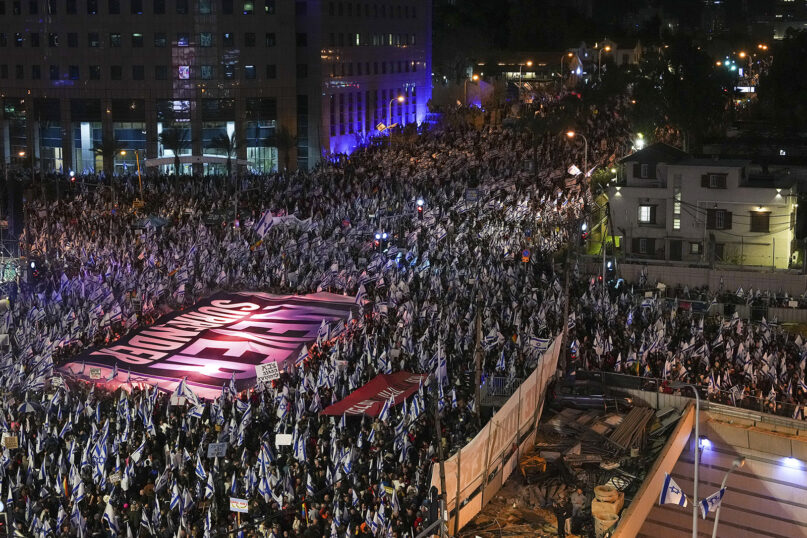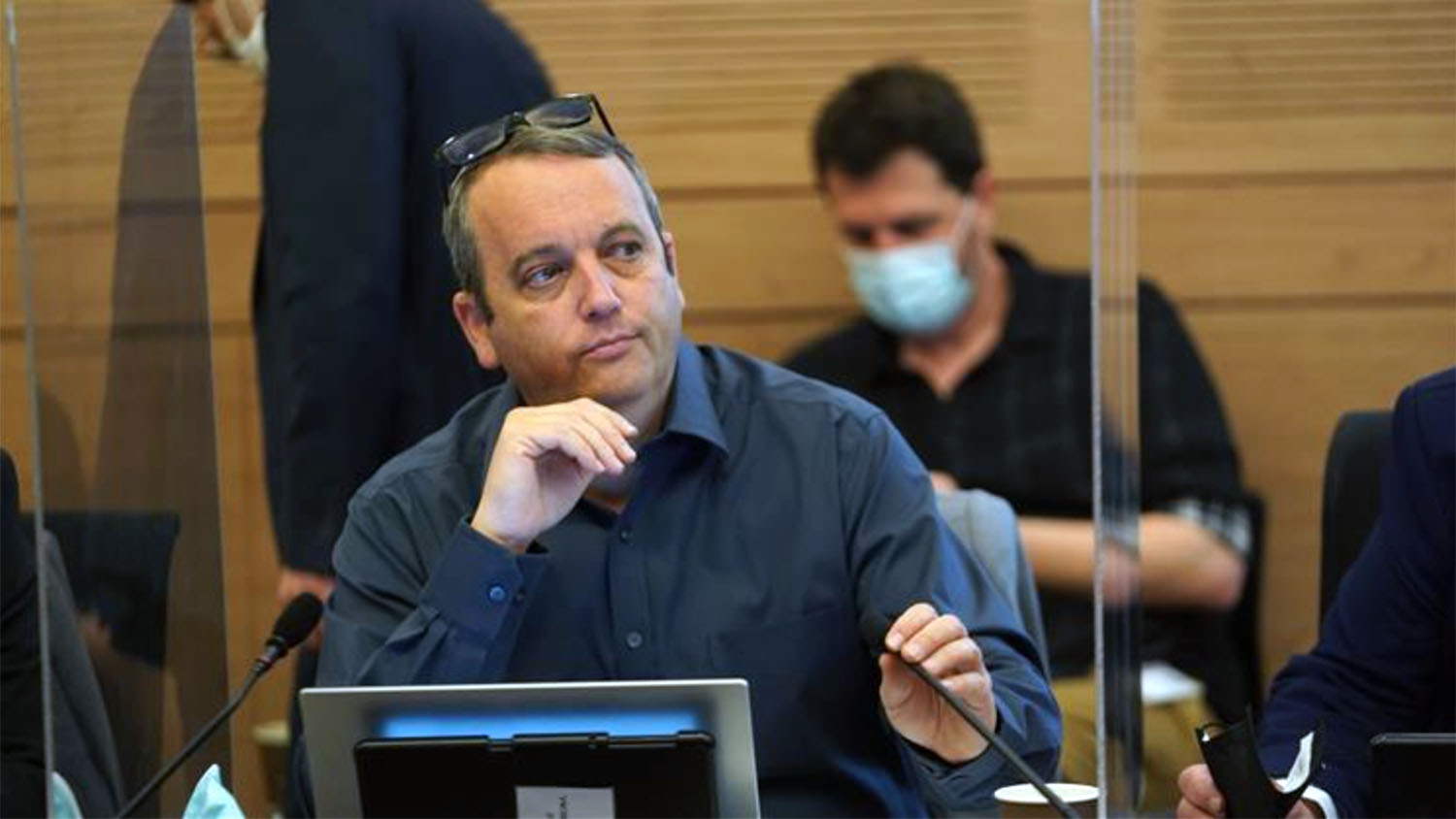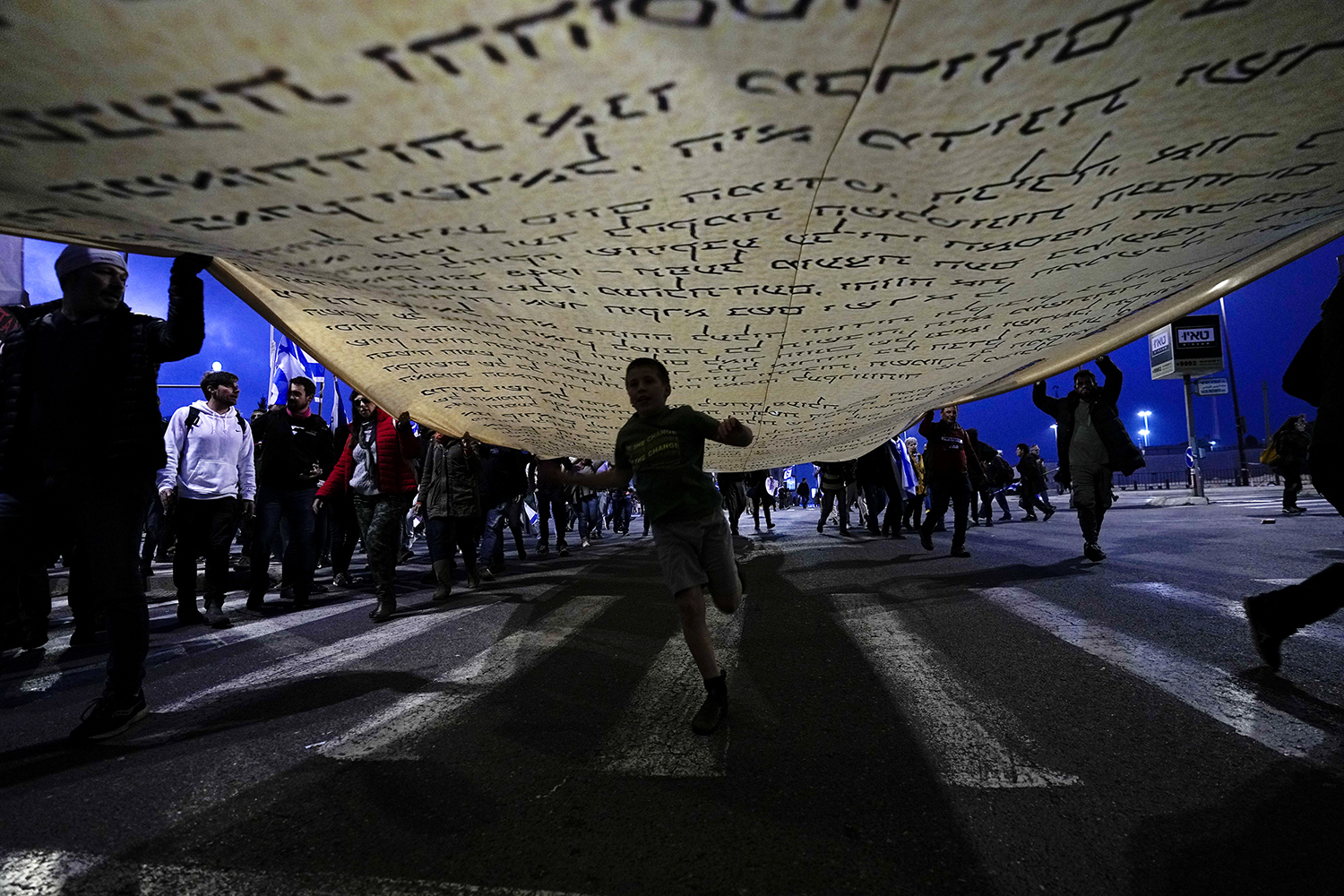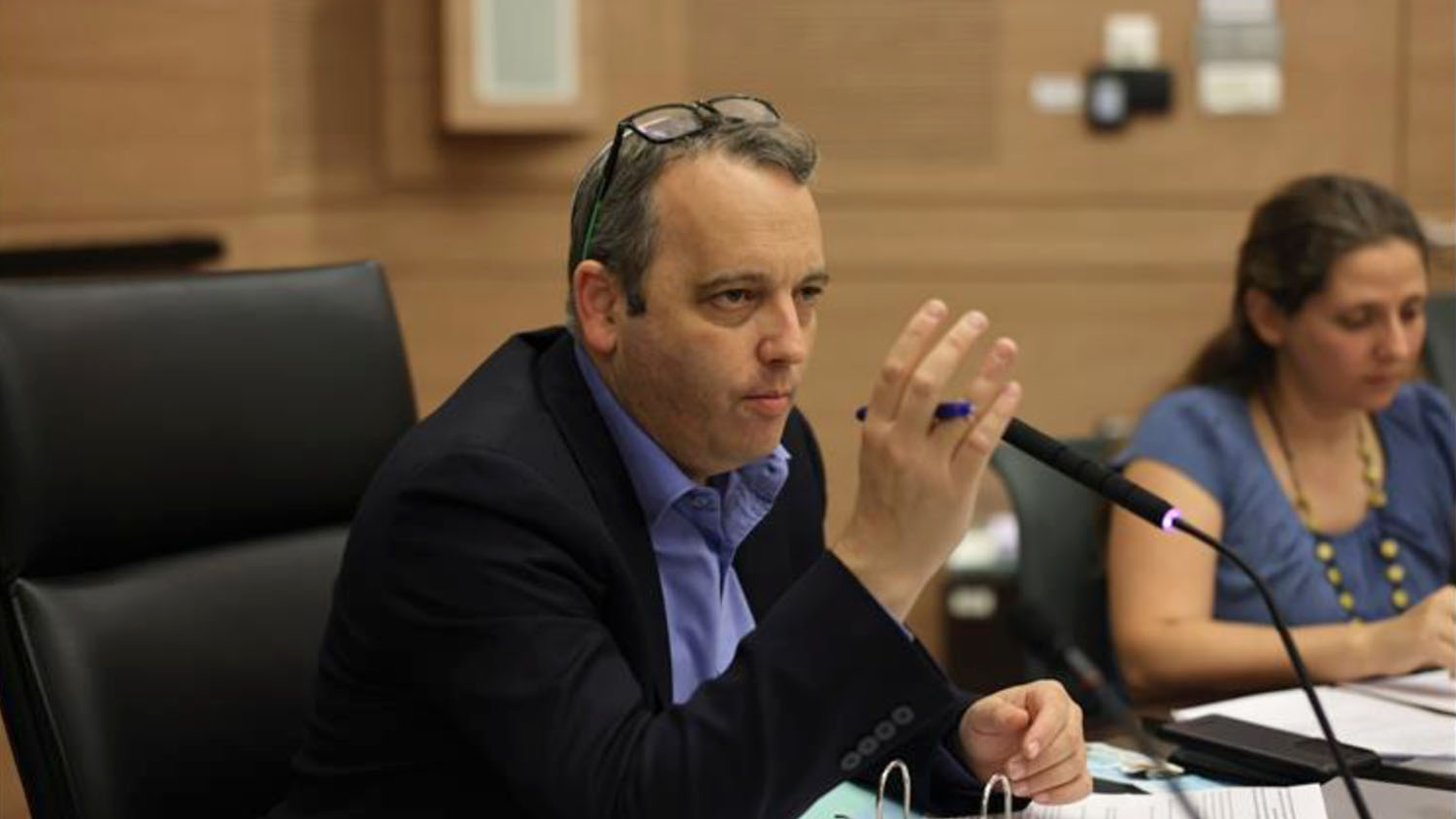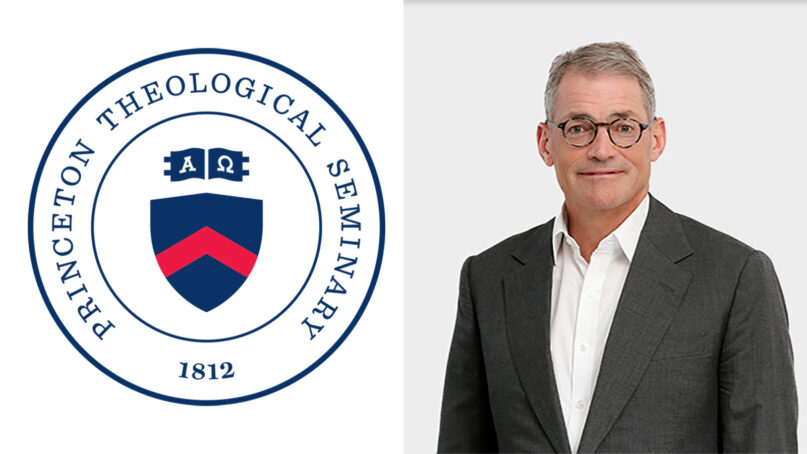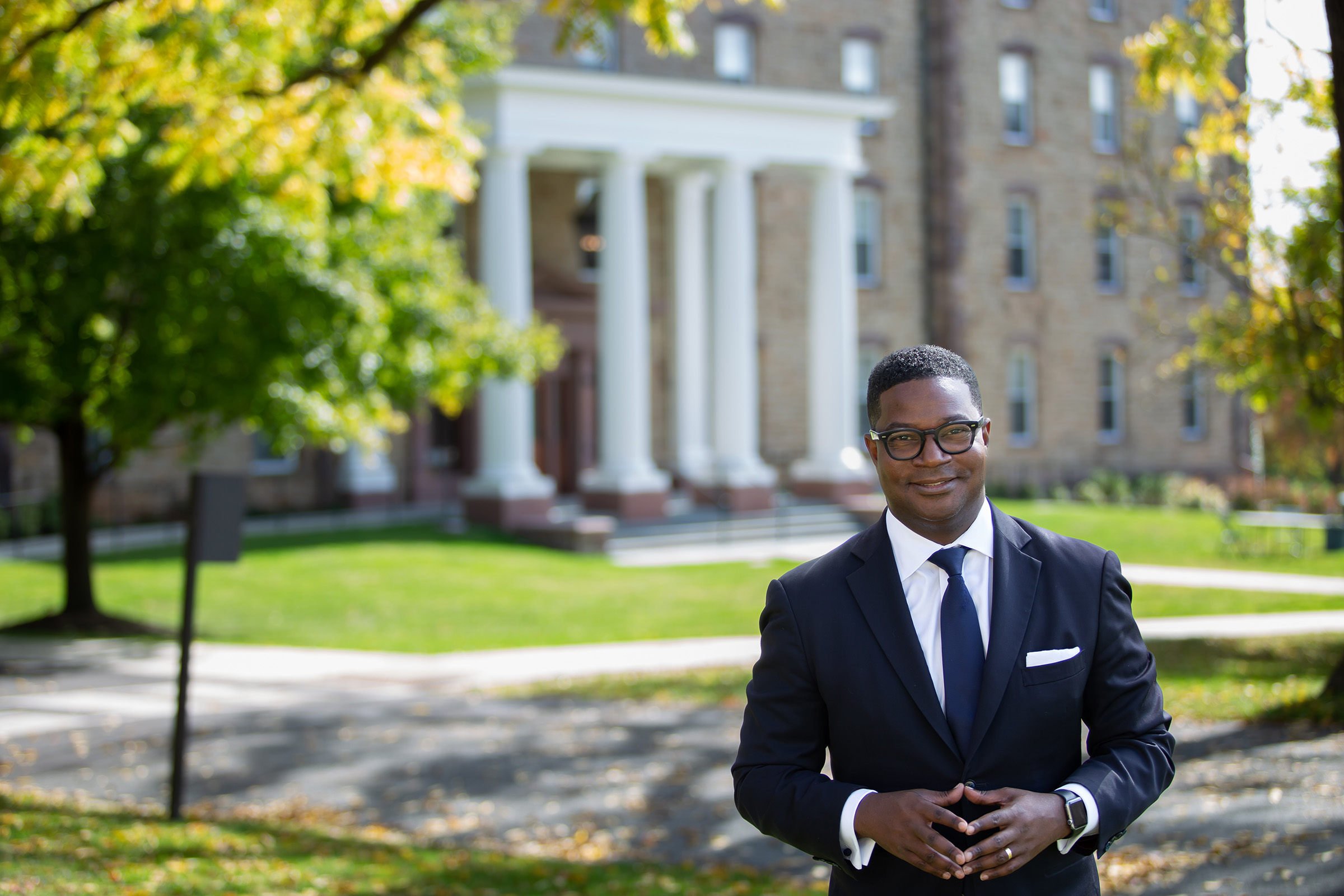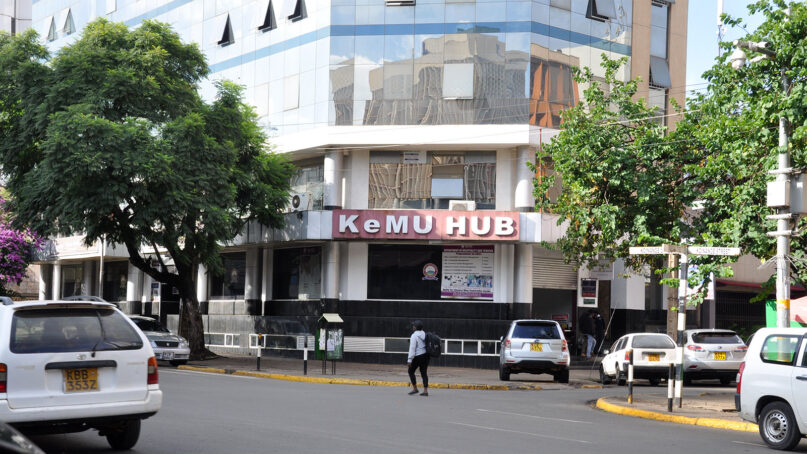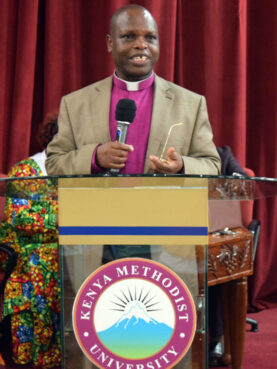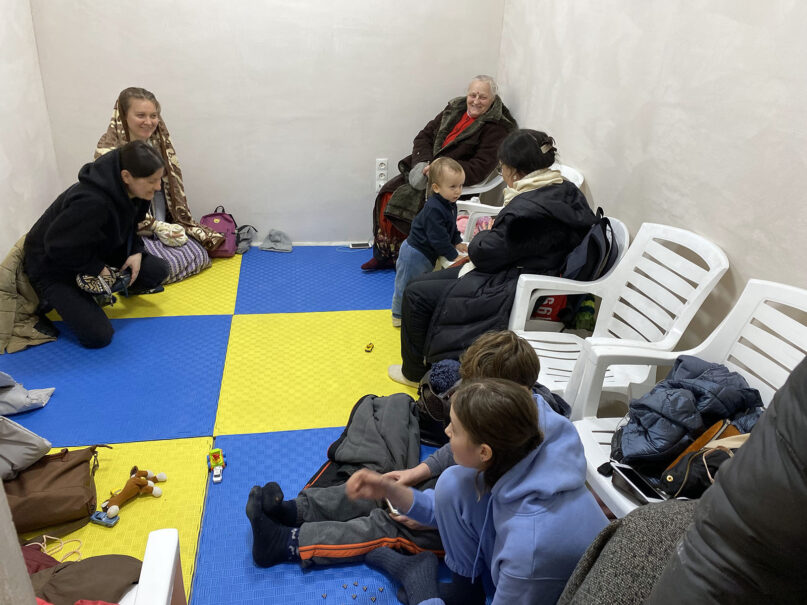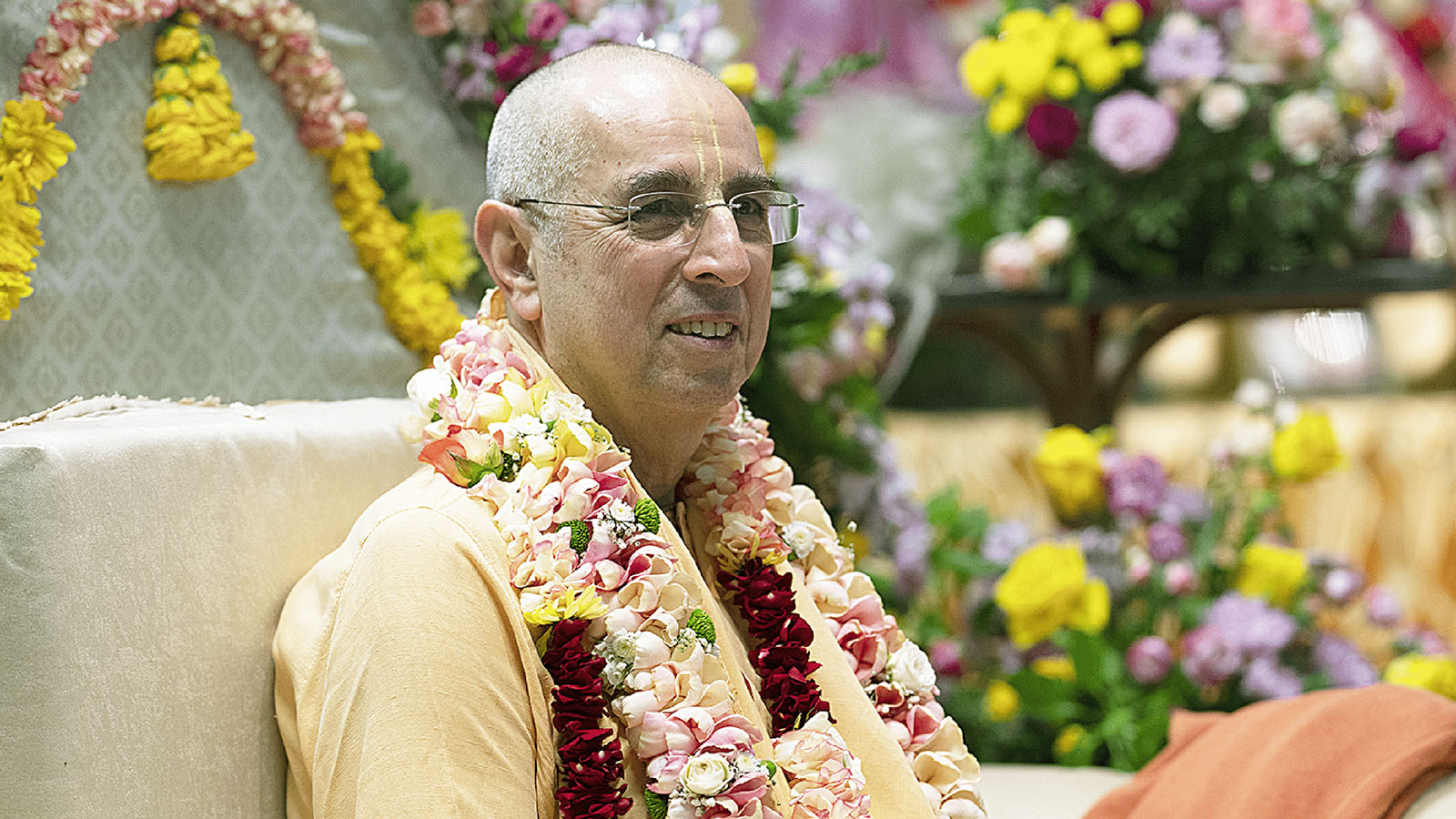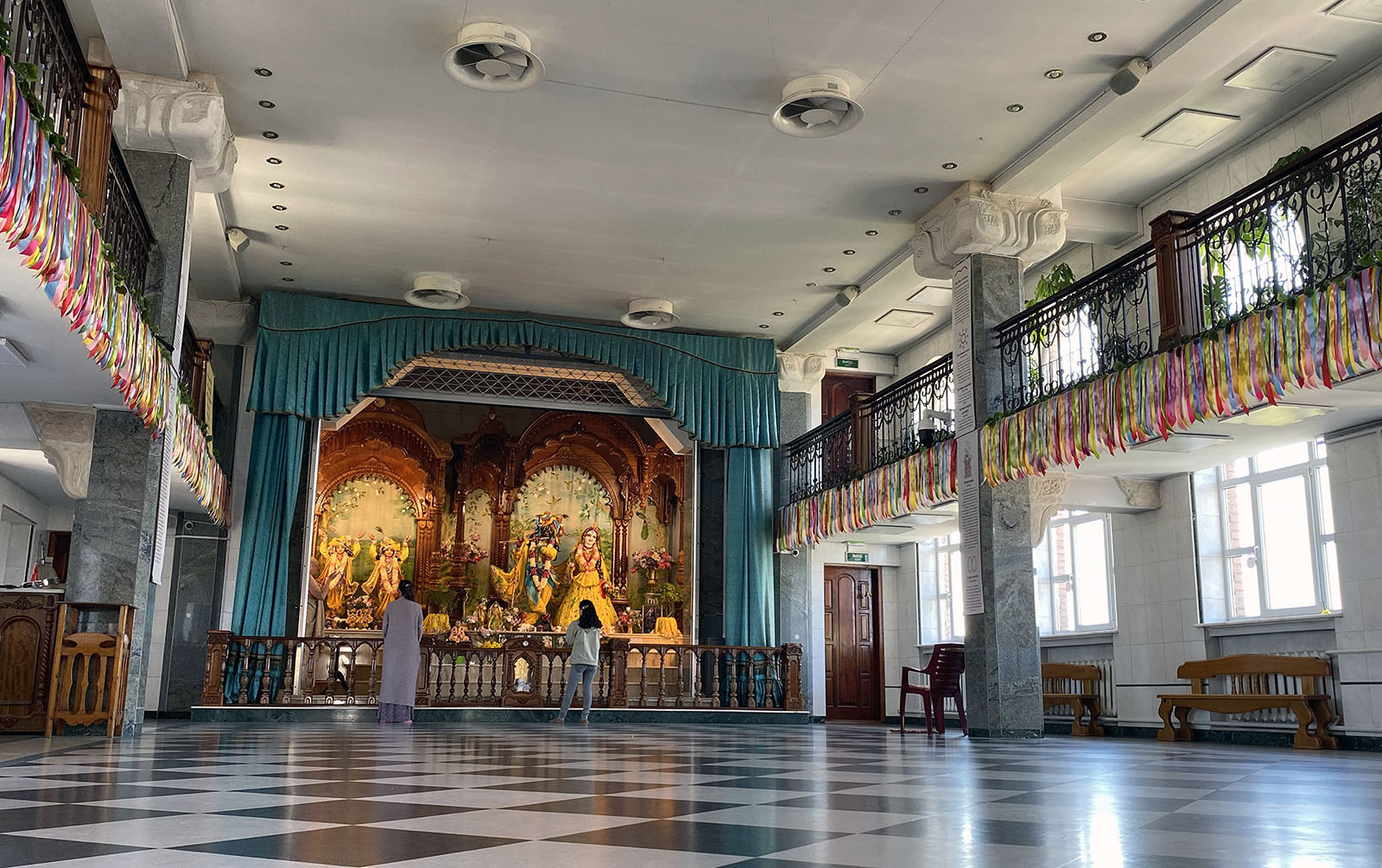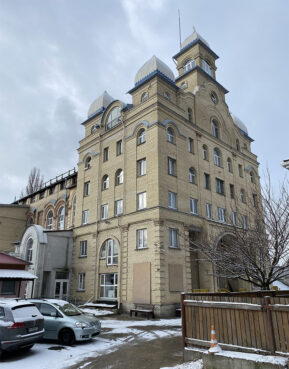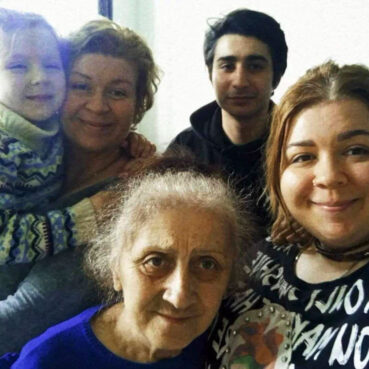Story by Salimah Shivji • Today
As he wound his way through the alleys that curve around the massive garbage dump, Rajesh Prajapati pointed out the ways in which countless waste pickers get through to the sprawling, imposing mountain on the edge of the slum that colours their entire way of life.
"It looks like a mountain," the local doctor said. "But it's not a proper mountain, it's a waste mountain, which is made up of plastic bags and papers and lots of waste from all of Mumbai."
The mountain is a source of misery for residents of the area because of the numerous health hazards associated with breathing in fumes wafting from decomposing waste, but it's also a major source of income.
Jahana Shaikh, 45, and two of her teenaged children, Reshma, 13, and Sohail, 12, are part of a group of waste pickers sorting through the mounds of plastics and other scraps of wire and metal rummaged from the mountain, which they will later try to sell.

Jahana Shaikh, middle, pictured with two of her children, 13-year-old Reshma, left, and Sohail, 12, live steps from the Deonar waste mountain and spend their days going back and forth. If they skip one day of picking for plastics, they starve that day.© Salimah Shivji/CBC
"How much we make depends on what we have gathered. But it's just barely enough to get by," she told CBC News in Hindi. "If we don't go to the landfill for one day, there will definitely be no food at home that day."
Deonar, located in east Mumbai, is one of the largest and oldest landfills in India — entrenched for nearly a century. It's not just one single mountain but eight different massive mounds, amalgamated.
The landfill's dimensions are unfathomable for those unfamiliar with it: some 18 storeys high, with more than 16 million tonnes of garbage, spreading over 121 hectares — roughly the size of 227 football fields.
The colossal dump is walled off, with barbed wire topping the perimeter, since public access is prohibited, but people get in anyway, darting through countless tunnels and holes in the concrete wall.

The Deonar landfill, and its 16 million tonnes of waste, is walled off to restrict access, but those living in homes nearby duck in through holes in the wall or tunnels, to pick through the garbage looking for plastics and other materials to sell.© Salimah Shivji/CBC
Dr. Prajapati, a medical doctor who works near Deonar, stood watching three men whip through a co-ordinated sorting process of recyclable materials just outside one of the tunnels, as he spoke to CBC.
The pickers will sell them later to small businesses that compile the waste, the doctor explained, after which what's salvaged is transferred to local scrapyards and other outlets. It's a whole ecosystem that supports the livelihoods of some 100,000 people at the Deonar waste mountain alone. But it comes at a cost.
"All the plastic waste, without any gloves, without any masks," Prajapati, 35, pointed out, dejectedly. "Of course it's going to affect your lungs. But to earn their bread and butter, they're doing it."

Rizwan, 11, has never attended school. He has only ever scrounged for plastics and scrap metal at Mumbai's Deonar garbage mountain, to sell to help his single mother support the family.© Salimah Shivji/CBC
Festering waste releases toxic fumes
In his five years assigned to the neighbourhood near the Deonar dump, Prajapati has seen an alarming number of cases of tuberculosis and other respiratory ailments, often in the late stages because residents assume their chronic cough or wheezing is nothing to worry about.
"We can smell the fumes, always, we also can't breathe properly because of [it]," he said, when asked to describe life in Deonar, with plastic everywhere.
The decomposing waste releases noxious gases such as methane, hydrogen sulphide and carbon monoxide.
Jahana Shaikh and her family know the hazards first-hand, working on the front lines of the informal garbage economy. Three of her six children died suddenly, she said, including her eldest daughter of tuberculosis four years ago, at 16. Shaikh's five-month-old boy died of pneumonia, while another baby girl died of unknown causes.
Jahana blames their deaths on the filth they live beside and breathe in.
Related video: Mumbai’s mountain of garbage and the livelihoods that depend on it (cbc.ca) Duration 5:15 View on Watch

Scripps NewsThe crisis of plastic waste pollution has a promising new solution
3:37

Business Insider IndiaHow to make bricks from plastic trash
8:30
She tries to avoid sending her remaining children onto the actual waste mountain to scrounge for treasures, preferring that they sort and sell the plastics instead, but still, there's not much choice when they live steps from a giant landfill.
"What other work can we do?" Shaikh said quietly, with a sigh.

Jahana Shaikh lost three of her six children to sudden illnesses, one of them to tuberculosis-related complications. 'I miss them a lot,' she told CBC News, blaming the filth that they sort through to find plastics to sell, with no other options to eke out a living.© Salimah Shivji/CBC
'An everyday danger'
Rates of tuberculosis and other diseases are far higher in the area, made worse by cramped housing, according to experts in waste management and planning.
"You are living with waste as an everyday thing, it's an everyday danger," Amita Bhide, professor with the Centre for Urban Policy and Governance, at the Mumbai-based Tata Institute of Social Sciences.
"This is the ward [which has] the highest proportion of tuberculosis and multidrug-resistant tuberculosis at that. The proportion of urinary tract infections is very high amongst women. There are several skin diseases that you can see," Bhide added.

Rates of tuberculosis are higher in the Deonar area, attributed to the toxic fumes that emanate from the decomposing waste mountain that's been expanding for nearly a century.© Salimah Shivji/CBC
The professor noted that there is also recent evidence of an increase in respiratory disorders near Deonar, after a bio-medical waste incinerator was installed in the area.
While the scale of Mumbai's infamous dump site sets it slightly apart, similar health problems plague the neighbourhoods surrounding all of the country's trash mountains.
According to a 2020 report compiled by the Delhi-based think tank Centre for Science and Environment (CSE), India had 3,159 waste mountains which stored about 800 million tonnes of trash.
A newly-released update this year concluded that of the country's 3,184 garbage mountains, 234 have been reclaimed and cleared. Another eight are classified as scientific landfills, meaning no further waste is dumped and leakage or emissions are checked by accredited labs to make sure the space doesn't become toxic.

Dr. Rajesh Prajapati is diagnosing more and more cases of tuberculosis and other respiratory diseases in the Deonar area, often, he said, with patients not realizing that the fumes they inhale from living so close to a massive garbage mountain are making them deathly ill.© Salimah Shivji/CBC News
The hundreds of remaining landfills continue to fester, periodically catching fire and burning for days. The fires are often caused by the combustible gases emanating from the decomposing garbage, which, once ignited, releases even more fumes into the air.
The most recent example was in the southern Indian city of Kochi, in Kerala in early March. Toxic fumes spewed into the air for around two weeks as the fire smoldered, blanketing the city in a thick haze and forcing school closures and N95 mask-wearing advisories.
Successive governments have tried to tackle the problem of waste management, including India's current prime minister. Narendra Modi, who released a sweeping cleanliness plan in Oct 2021 that included a promise that "the garbage mountains in cities will be processed and eliminated completely". The idea is to turn them into waste treatment plants.
A goal that is beyond complex for many experts, who are skeptical.

Smoke billows during an ongoing fire at the Bhalswa landfill in New Delhi in June 2022. Fires commonly break out at some of India's more than 3,000 waste mountains, and they can be triggered by combustible gases from the decomposing waste.© Prakash Singh/AFP via Getty Images
Bhide called it a "very important statement" that demonstrated "a political will to create some change" while also softly scoffing at the thought that decades of legacy waste could be wiped out so easily.
"We move slowly," the professor said, comparing change in a country like India to "moving a mammoth elephant [with] multiple parts which are not necessarily moving in harmony with each other".
Not a single Indian city has been successful in implementing all of the requirements laid out in a set of solid waste management rules implemented more than 20 years ago in 2002, she said.
Deonar is also the focus of a court case that has dragged on for 27 years, aiming to shut down the landfill.

A waste picker sorts through the mounds of plastics and other scraps of wire and metal rummaged from Mumbai's Deonar waste mountain, one of the largest in India, which he will later try to sell. Rates of respiratory illnesses are higher in the area because of the toxic fumes from decomposing waste.© Salimah Shivji/CBC
"The orders for closure of the Deonar dumping ground have been given more than 10 years ago and there is still no success," said Bhide.
And so, more waste keeps getting dropped off at the Mumbai landfill, and people like Shaikh and her family members climb through gaps in the wall every day to get to the garbage on the mountain.
It's the only option, Shaikh said.
"Otherwise we go hungry."

Piles of plastic are seen everywhere in the cramped neighbourhoods hugging Mumbai's sprawling Deonar landfill, considered to be one of the largest and oldest in India.© Salimah Shivji/CBC
